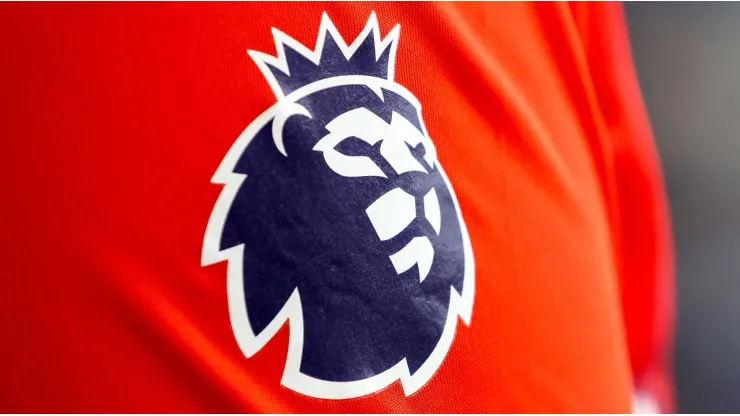The Premier League has been considering a club spending limit as a means of dealing with growing player salaries and a level playing field. It is an idea with roots in the United States.
Clubs must already comply with UEFA’s Financial Fair Play Regulations, which aim to guarantee their financial stability. The Premier League, on the other hand, has been contemplating taking things to the next level by instituting an enforced salary cap.
The noticeable difference in club salaries is one of the main motivations for the Premier League’s initiatives. This season, Manchester United had a payroll of $249.8 million, which is nine times more than Luton Town’s $27.8 million. This disparity is the widest of its kind in any major sport.
The top teams in the English top flight have remained relatively the same over the last decade. Thus, heavy spenders like Manchester City, Arsenal, Liverpool, Chelsea and Manchester United have been taking turns at the top.
Do Premier League clubs currently have a spending limit?
Amidst the ongoing debate over PSR, all Premier League clubs have decided to implement spending caps on players. With any luck, they will finish the comprehensive overhaul of PSR regulations in time for the Premier League annual general meeting in June.
The suggested regulations would cap how much money teams that play in European cups might spend on player-related expenses (such as salaries, transfer fees and agency fees) at 70%. The other teams may spend 85% of their budget.
Once fully implemented in 2025-26, UEFA’s cost control procedures are consistent with the 70% criterion. Discussions with the English Football League over revenue redistribution have already brought up the 85% number. After initially agreeing to focus on PSR reform, the Premier League withdrew from the talks in March.
The league will test the new regulations in a pilot program next season before fully adopting them in 2025/26. That’s if all goes according to plan with the proposal’s timeline.
Can clubs break the rules?
The expense of joining a player, including transfer fees and salaries, is amortized into the club’s bottom line as the players’ contracts run their course.
However, UEFA rules will vary significantly from the Premier League in that they will implement a two-tier structure.
Clubs will still lose points if they violate Premier League regulations, contrary to previous rumors. Financial penalties may be imposed for small infractions of the new guidelines. However, point deductions will still be the preferred punishment for any significant infraction, according to The Guardian.
Some teams have proposed a system similar to the US luxury tax. Others, meanwhile, have opted to discuss a “buffer zone” where less significant offenses would not result in point reductions.
It is the first time that the English FA has punished Premier League teams for violations of PSR regulations. Following separate violations, Everton received a six-point punishment and a two-point deduction. Plus, next season they may even have to deal with a precedent-breaking third decision.
Four points have been docked to Nottingham Forest, while investigations into possible violations are underway at Leicester, Chelsea and Manchester City.
Photos: Imago
200+ Channels With Sports & News
- Starting price: $33/mo. for fubo Latino Package
- Watch Premier League, Women’s World Cup, Euro 2024 & Gold Cup
The New Home of MLS
- Price: $14.99/mo. for MLS Season Pass
- Watch every MLS game including playoffs & Leagues Cup
Many Sports & ESPN Originals
- Price: $10.99/mo. (or get ESPN+, Hulu & Disney+ for $14.99/mo.)
- Features Bundesliga, LaLiga, Championship, & FA Cup
2,000+ soccer games per year
- Price: $5.99/mo
- Features Champions League, Serie A, Europa League & Brasileirāo
175 Premier League Games & PL TV
- Starting price: $5.99/mo. for Peacock Premium
- Watch 175 exclusive EPL games per season







